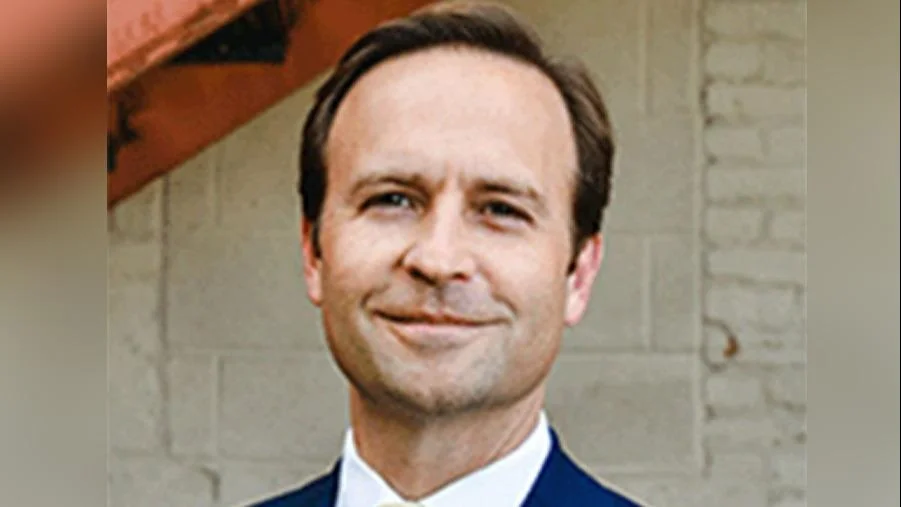Brian Calley President and Chief Executive Officer at Small Business Association of Michigan | Official website
Brian Calley President and Chief Executive Officer at Small Business Association of Michigan | Official website
The Michigan Senate has passed a bill that will increase the tipped wage for service industry workers to 50% of the minimum wage by 2031. The legislation, which was approved with a 20-12 vote, addresses a ruling by the Michigan Supreme Court from July 2024.
A significant portion of Democratic senators opposed the bill. Among them were Sarah Anthony, Rosemary Bayer, Darrin Camilleri, Mary Cavanagh, Stephanie Chang, John Cherry, Jeff Irwin, Sean McCann, Mallory McMorrow, and Sylvia Santana. Republican Senators Jon Bumstead and Jim Runestad also voted against it.
Some senators were absent during the vote. These included Kevin Daley, Erika Geiss, Ruth Johnson, Ed McBroom, and Rick Outman. The bill was not enacted with immediate effect due to insufficient support for such a measure.
Senator Kevin Hertel expressed optimism about future discussions in the House regarding SB 8. "I’m hopeful we’ll have productive conversations throughout the next week in the House," he said. Hertel mentioned feedback from his constituents indicating concerns about negative impacts on business owners and service workers.
Under SB 8's provisions, the tip credit system will rise incrementally from its current rate of 38% until it reaches 50%. Sean Egan from Michigan’s Department of Labor and Economic Opportunity noted that tipped employees currently earn between $17 and $19 per hour on average.
House Speaker Matt Hall stated that this agreement would benefit both workers and small businesses in Michigan. "This is a good first step for Michigan’s tipped workers and their small businesses all across our state," Hall remarked.
Senate Minority Leader Aric Nesbitt described his backing of the provision as "forced comfort." He criticized potential delays to implementing court-ordered changes if legislative leaders fail to reach an agreement.
Attention now turns to addressing paid sick time changes mandated by the court's ruling. This requires businesses with ten or more employees to provide paid sick leave starting next Friday.
Organizations like the Michigan Manufacturers Association and others have voiced opposition to these reforms due to concerns over administrative burdens and loss of flexibility in providing benefits.
Amanda Fisher from NFIB expressed hope for a compromise similar to SB 8's outcome regarding paid sick leave provisions.
Nataki Rhodes of One Fair Wage criticized claims against raising wages for waitstaff. She argued that increased wages have not led to job losses in Chicago despite similar changes there.
The July Supreme Court decision stemmed from disputes over ballot initiatives intended to reform wage statutes in Michigan back in 2018. The court ruled that lawmakers had improperly altered these proposals before they could appear on ballots statewide.
###






 Alerts Sign-up
Alerts Sign-up